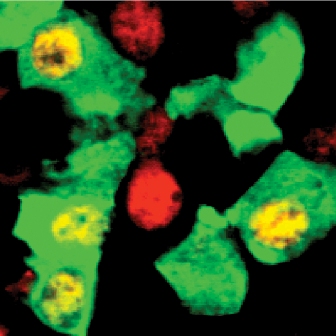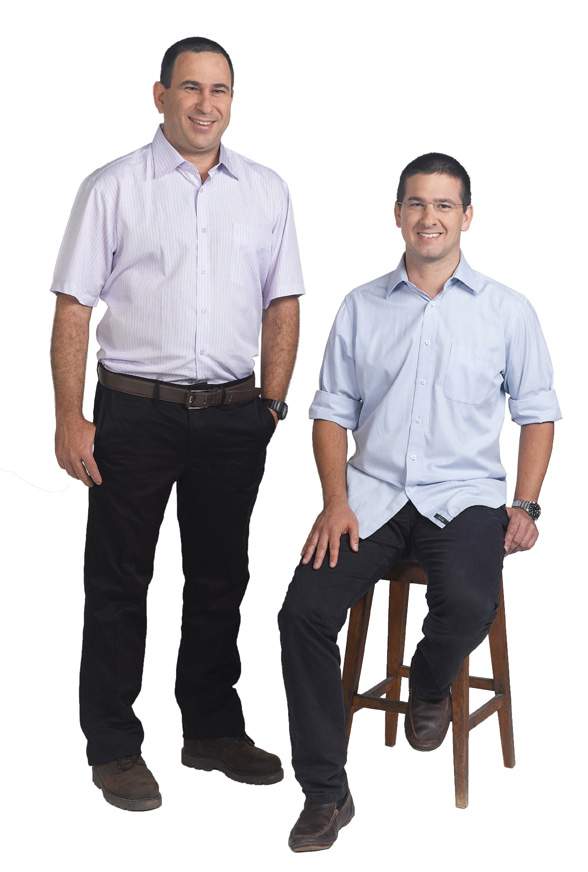Are you a journalist? Please sign up here for our press releases
Subscribe to our monthly newsletter:

Until recently, RNA was known only as a long, single-stranded polymer of genetic material that shuttles the information encoded in the DNA across the nuclear membrane to the ribosomes, where it is translated into protein. Proteins, on the other hand, were thought to regulate all of the cell’s functions, including the gene-to-protein transition known collectively as gene expression. So the finding that short sequences of RNA block some RNA messengers – directly regulating gene expression – was not only surprising, it opened up whole new scientific fields. Since that discovery, scientists have found that these unconventional RNAs come in different shapes and sizes – the double-stranded small interfering RNAs (siRNAs) for instance, or the tiny bits of single-stranded RNA that fold over on themselves known as microRNAs. This repertoire is still expanding, and siRNAs have since proven to be useful scientific tools, enabling researchers to precisely control the expression of a wide range of genes.
Yet much of small RNA activity is still mysterious and, according to scientists in the Faculty of Biochemistry, there are more surprises in store. For instance, Prof. Yuval Eshed is finding that even long-standing assumptions about how these RNAs are produced may need revision. His discovery of unique components in their biosynthesis pathway implies that not all siRNAs are created equal, and he now plans to find out what sets them apart. Dr. Eran Hornstein believes that microRNAs may be a missing factor in a number of baffling diseases. For example, he and his lab team created a mouse model of the degenerative motor neuron disease ALS by inactivating RNA pathways, and he is now identifying a set of microRNAs that maintains proper motor neuron function.

Prof. Yuval Eshed is the incumbent of the Jacques Mimran Professorial Chair.
Dr. Eran Hornstein’s research is supported by the Nella and Leon Benoziyo Center for Neurological Diseases; the Center for Health Sciences funded by the Dwek Family Biomedical Research Fund and the Maria and Bernhard Zondek Hormone Research Fund; the Women’s Health Research Center funded by the Bennett-Pritzker Endowment Fund, the Marvelle Koffler Program for Breast Cancer Research, the Harry and Jeanette Weinberg Women’s Health Research Endowment, and the Oprah Winfrey Biomedical Research Fund; the Carolito Stiftung; the Fraida Foundation; the Legacy Heritage Fund; the Wolfson Family Charitable Trust; the estate of Florence Blau; and Charlene Vener, Los Angeles, CA. Dr. Hornstein is the incumbent of the Helen and Milton A. Kimmelman Career Development Chair.